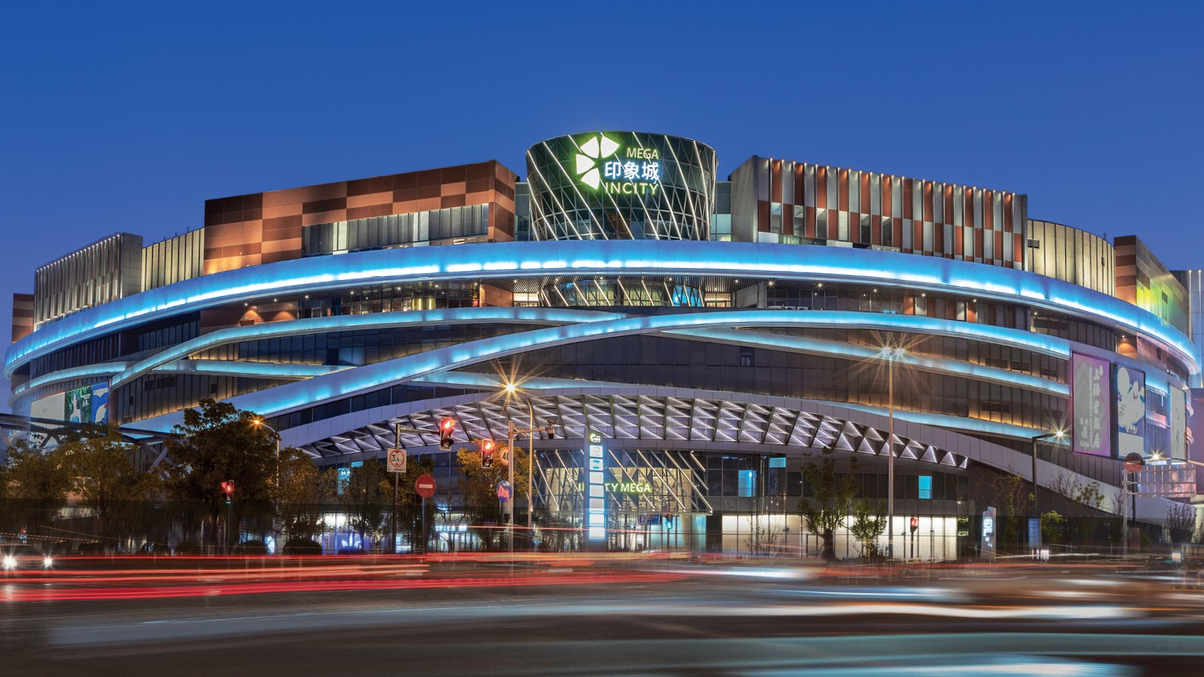Weekly Digest: GIC ups Shanghai mall stake; NPS reduces foreign equities managers
Cash-strapped Chinese developer sells Shanghai mall share to partner GIC; NPS slashes external managers for foreign equities by up to 10%; AustralianSuper adds to AI stocks; and more.

TOP NEWS OF THE WEEK
Sign in to read on!
Registered users get 2 free articles in 30 days.
Subscribers have full unlimited access to AsianInvestor
Not signed up? New users get 2 free articles per month, plus a 7-day unlimited free trial.
¬ Haymarket Media Limited. All rights reserved.


